Mike Totoraitis on the CDC and lead in Milwaukee schools
Milwaukee Commissioner of Health Mike Totoraitis describes on and off support from the Centers for Disease Control and Prevention to assist efforts to address lead contamination in school buildings.
By Steven Potter | Here & Now
August 20, 2025 • Southeast Region
Mike Totoraitis on Milwaukee's efforts to address lead contamination in school buildings.
VIDEO TRANSCRIPT
Steven Potter:
Bring us through that timeline with the CDC helping, and what assistance you've gotten from the federal government.
Mike Totoraitis:
Yeah, so when we realized the enormity of what we were dealing with here — nearly 60,000 students in the district as well as 140-plus buildings across the city — we knew we needed help and reached out to our partners at the CDC and the National Center for Environmental Health, and we're really grateful for their expertise. You know, these are folks that worked on the Flint crisis many years ago, and have incredible expertise around lead poisoning here in the U.S. Through Secretary Kennedy's decision, they were let go and put on administrative leave and a RIF — a reduction in workforce as it's been known. And we got a notification that they lost their jobs, and we couldn't work with them anymore. It was a pretty stark moment to receive that email and realize that we're going to have to change what we're doing here. And through that ongoing conversation, we realized there wasn't anyone else at the CDC to work with us, and they denied our what is called an Epi-Aid, or a formal written request to them to send staff and expertise to Milwaukee. They didn't have anyone to send here. Unfortunately, there was a lot of kind of quotes and misinformation that came out of the secretary's office at HHS, and I don't know if he had all the information, but there was never a team here in Milwaukee supporting the department. Thankfully, Secretary Kennedy was asked in an interview, I think by an ABC reporter, "Was this done by accident?" You know, this is a really serious issue across our country, not just in Milwaukee. And what I took away from that interview was that he might not have known that this division within the CDC had been let go. And, you know, whether or not that was true in that moment, they got their jobs back. It wasn't too long ago we got communication that they had been rehired. We were actually in the process of bringing on one of those former staff to support the department, given that they had the expertise that really would complement our own internal expertise, and it was through that individual that we learned that they had gotten their jobs back. So, it was really an incredible moment for us to realize that we had someone to call now and partner with. Since that moment, they have been meeting with our teams regularly again. We've been sharing our updates on what's going on with the district to ensure that we were headed in the right direction. And we've also just put in a request for additional funding to help with testing and screening of students. So at this point, we're still in conversation about them sending a team here to Milwaukee, but we have asked for actual dollars to support ongoing screening and surveillance work here in Milwaukee.
Steven Potter:
How much have you asked for?
Mike Totoraitis:
Nearly $400,000. That money would go directly to support the screening efforts and ensure that parents have access to timely screening for their children. Especially as we get closer to the start of the new school year, that's good information for parents to have and to know where their students are in terms of potential exposure or not.
 Passport
Passport





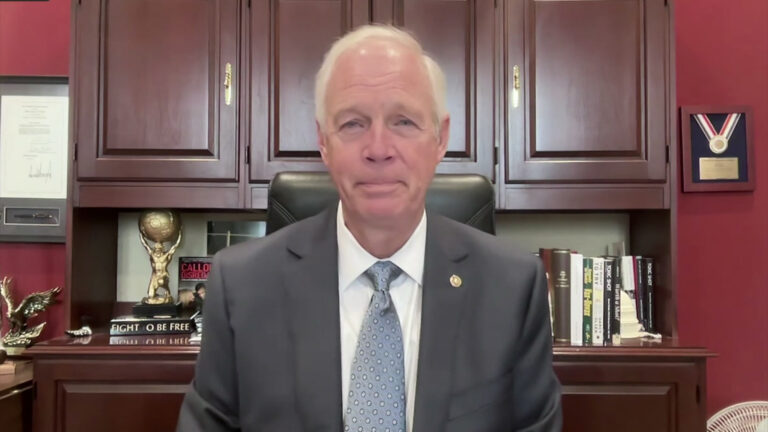
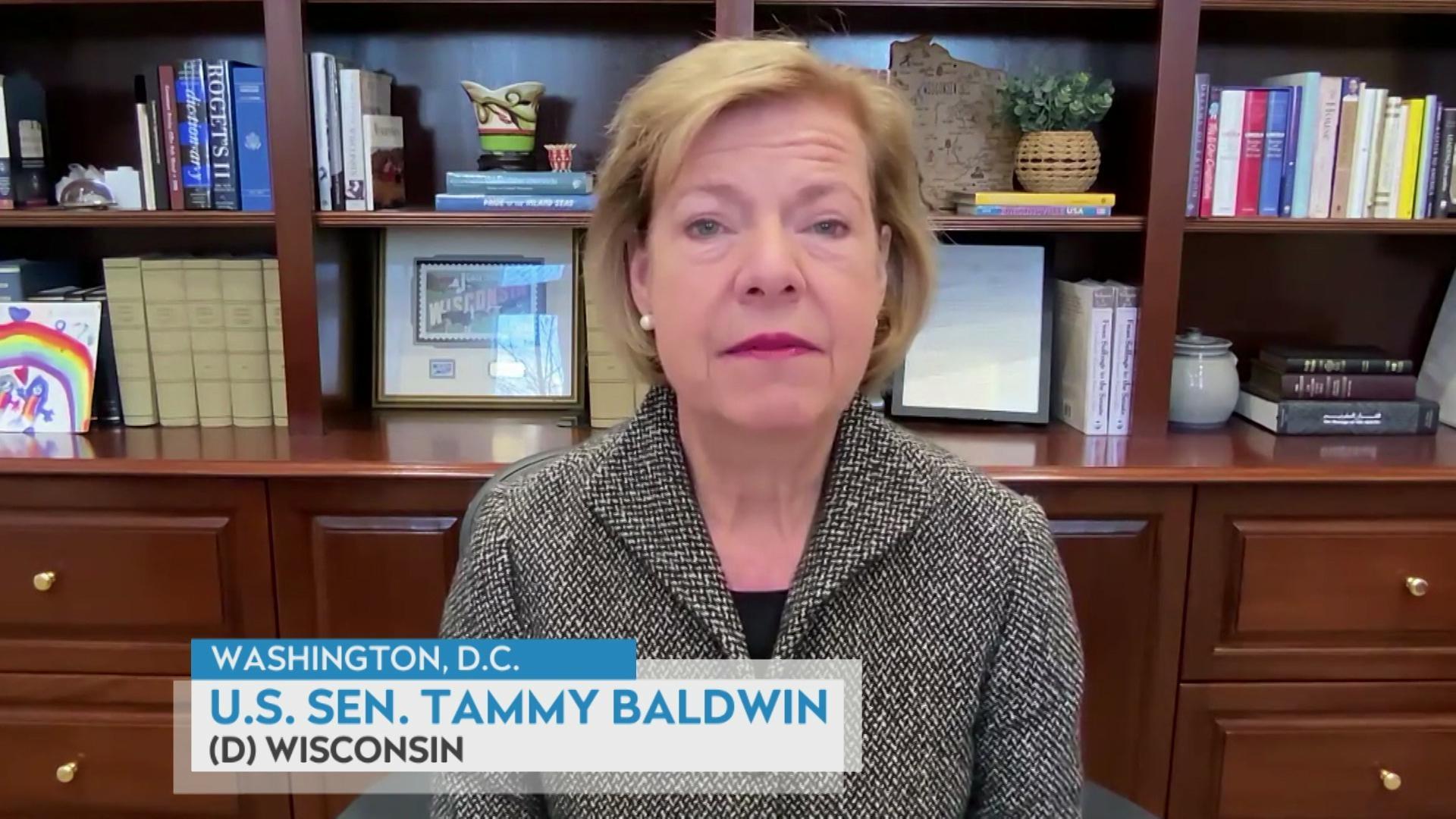
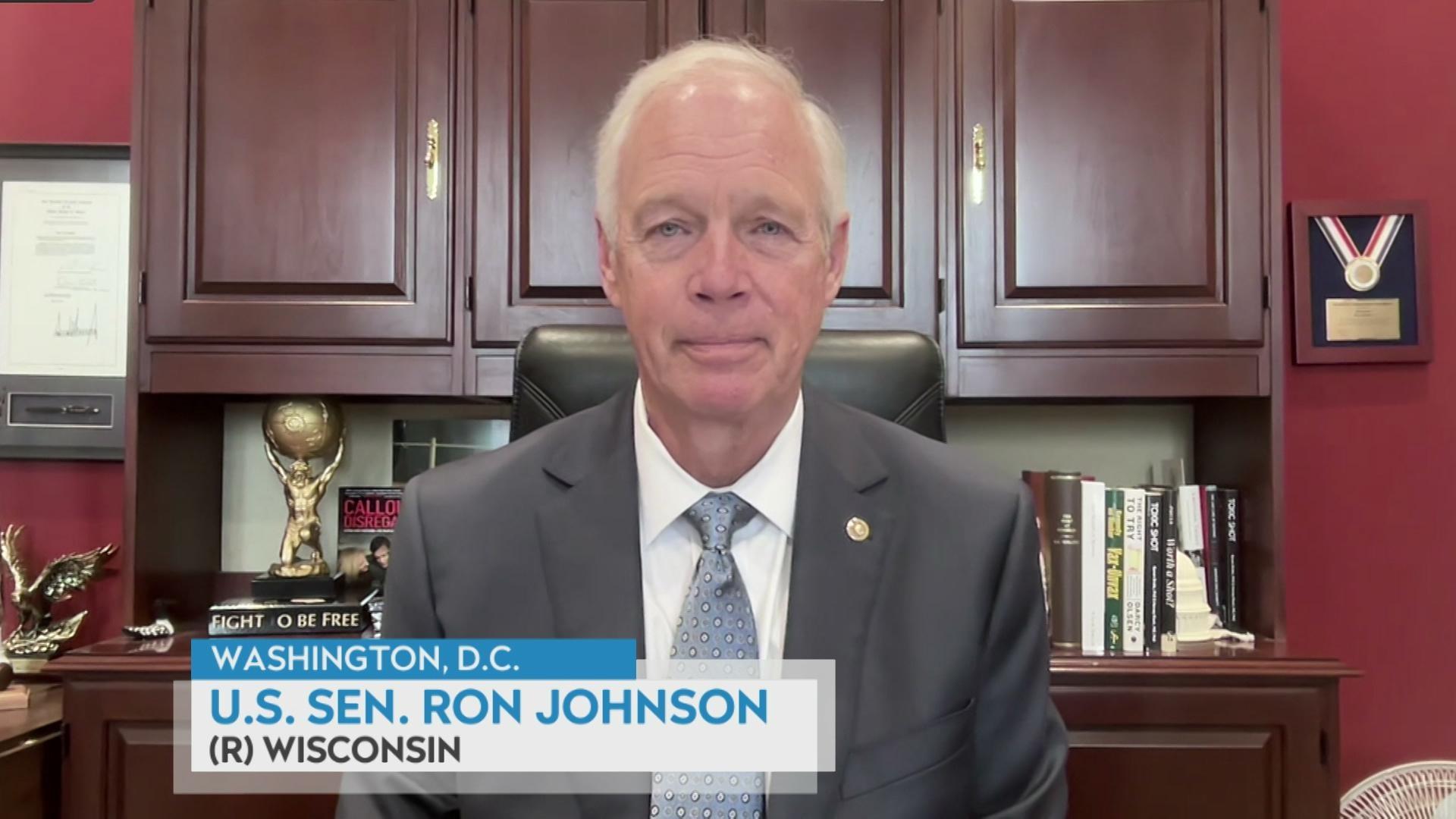
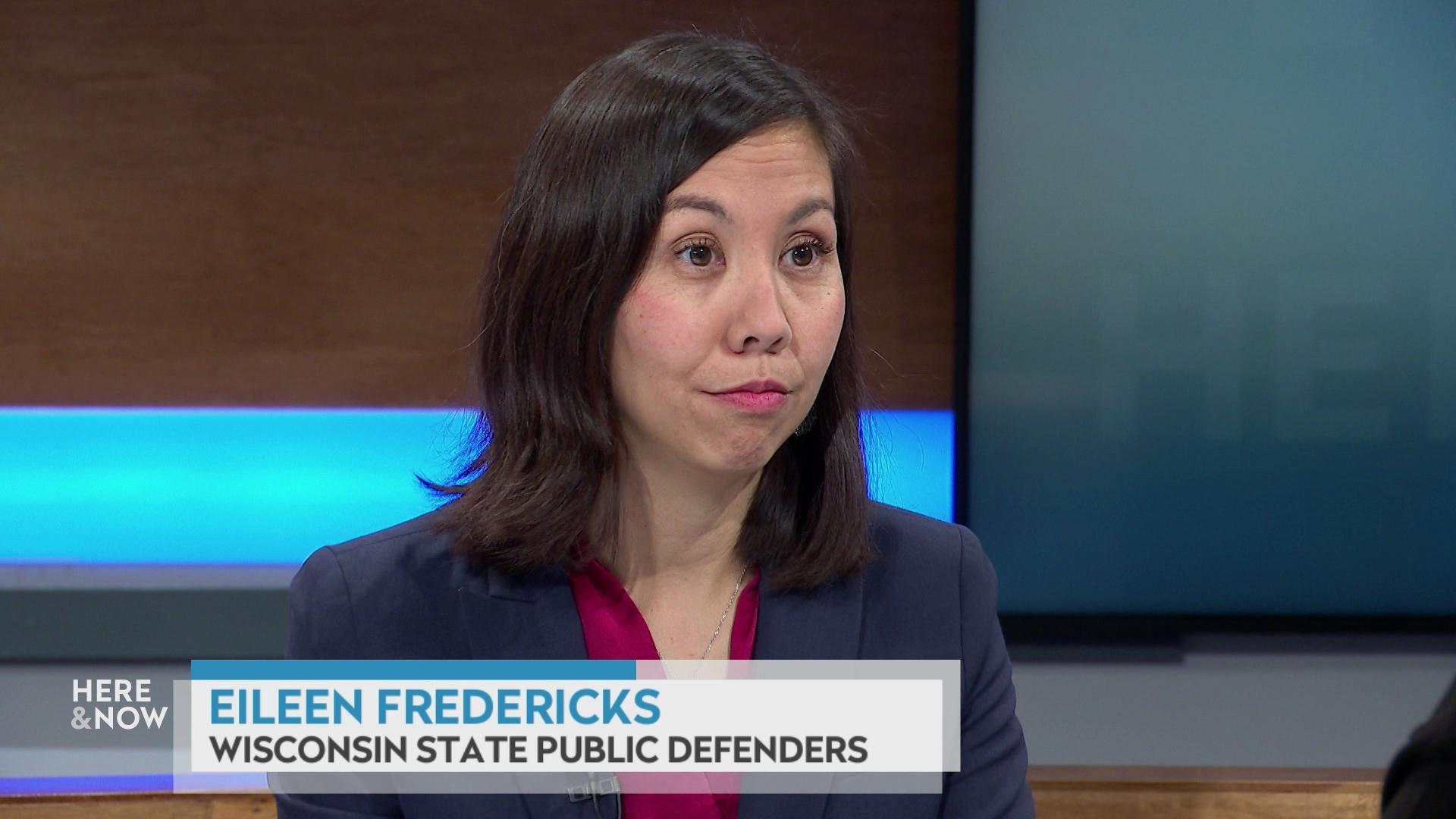
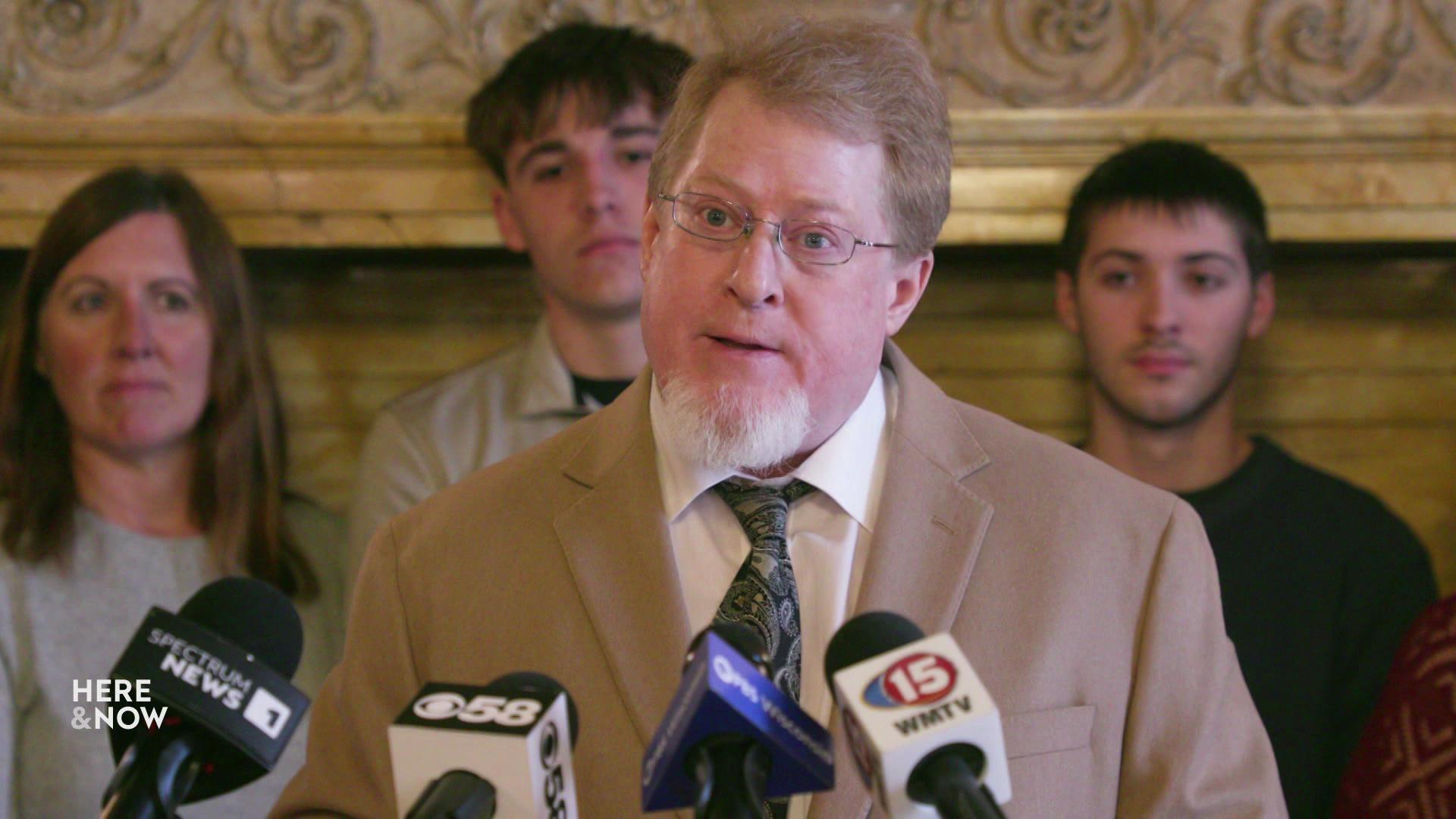

Follow Us